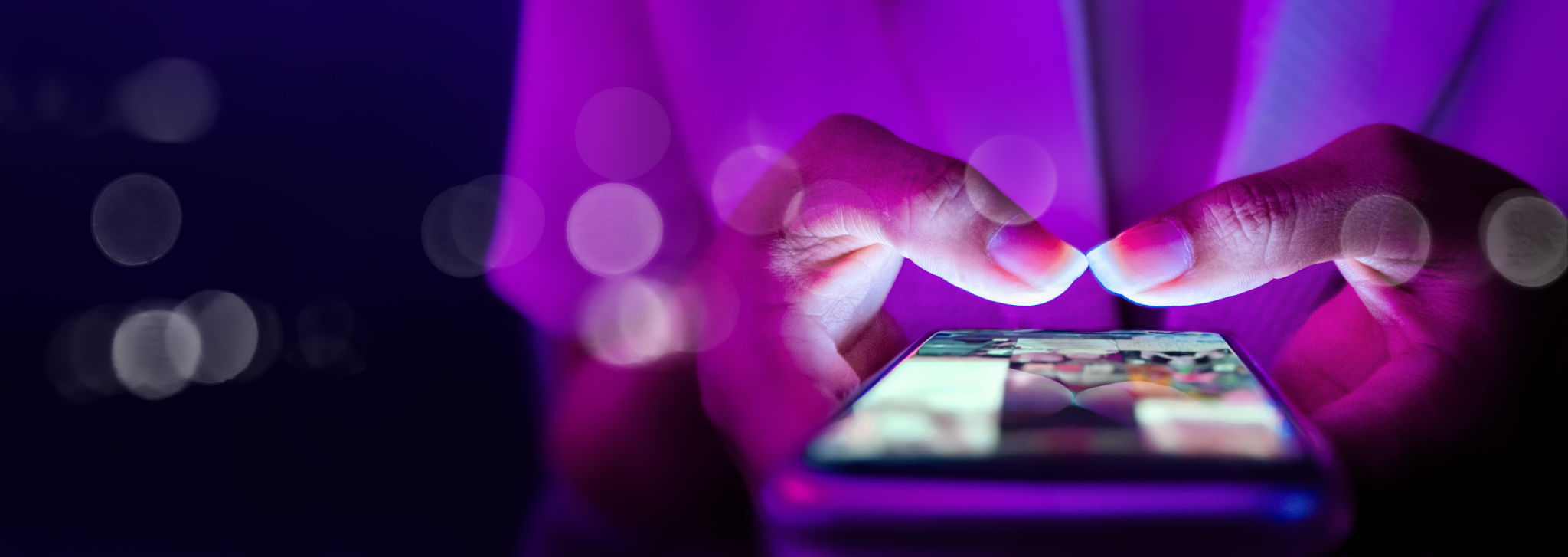Current Trends in Alcohol Marketing: What Beverage Brands Need to Know
CD
Embracing Digital Transformation
In the ever-evolving world of alcohol marketing, digital transformation is not just a trend; it's a necessity. Beverage brands are increasingly leveraging digital platforms to reach and engage with consumers. With more people spending time online, social media platforms and digital ads have become essential tools for brand visibility. Companies are now investing in robust digital marketing strategies to tap into this vast audience, ensuring that their products remain at the forefront of consumers' minds.
Another aspect of this transformation is the rise of influencer marketing. Partnering with influencers who have significant followings can help brands reach niche markets and build authentic connections with potential customers. By choosing influencers whose values align with their brand, companies can create more meaningful and impactful campaigns.

Sustainability and Ethical Practices
Modern consumers are increasingly concerned with sustainability and ethical practices. This shift in consumer priorities has led beverage brands to adopt more sustainable production methods and transparent sourcing practices. Brands that demonstrate a commitment to environmental responsibility not only enhance their reputation but also attract eco-conscious consumers.
Several companies are experimenting with eco-friendly packaging, such as biodegradable bottles and recyclable labels. Additionally, ethical sourcing of ingredients has become a focal point, with brands highlighting their partnerships with fair-trade farmers and local suppliers. By prioritizing these practices, brands can align themselves with consumer values and stand out in a crowded market.
Personalization and Consumer Experience
Personalization is key in today's alcohol marketing landscape. Consumers expect brands to understand their preferences and deliver tailored experiences. Through data analytics and customer insights, companies can craft personalized marketing campaigns that resonate with individual consumers. This approach not only enhances customer satisfaction but also fosters brand loyalty.

Moreover, experiential marketing is gaining traction as brands seek to create memorable experiences for their customers. From virtual wine tastings to interactive events, these experiences allow consumers to engage with products on a deeper level. By offering unique and immersive experiences, brands can differentiate themselves and build lasting connections with their audience.
Health-Conscious Offerings
The rise of health consciousness among consumers has led to an increased demand for healthier beverage options. Brands are responding by expanding their product lines to include low-calorie, low-alcohol, and non-alcoholic beverages. This shift not only caters to health-conscious consumers but also opens up new revenue streams for companies.
Additionally, the trend towards natural ingredients is gaining momentum. Shoppers are becoming more discerning about what they consume, favoring drinks made with organic or all-natural ingredients. By offering products that align with these preferences, brands can capture a significant share of the health-conscious market.

Technology-Driven Innovations
Technology continues to play a pivotal role in shaping alcohol marketing strategies. Augmented reality (AR) and virtual reality (VR) are being used to enhance product storytelling and engage consumers in new ways. For instance, AR labels can provide interactive content when scanned, offering consumers a unique and informative experience.
Furthermore, advancements in e-commerce technology have made it easier for consumers to purchase their favorite beverages online. Brands are investing in seamless online shopping experiences, complete with targeted recommendations and easy checkout processes. As technology continues to advance, brands that adapt quickly will be well-positioned to capture consumer attention.
